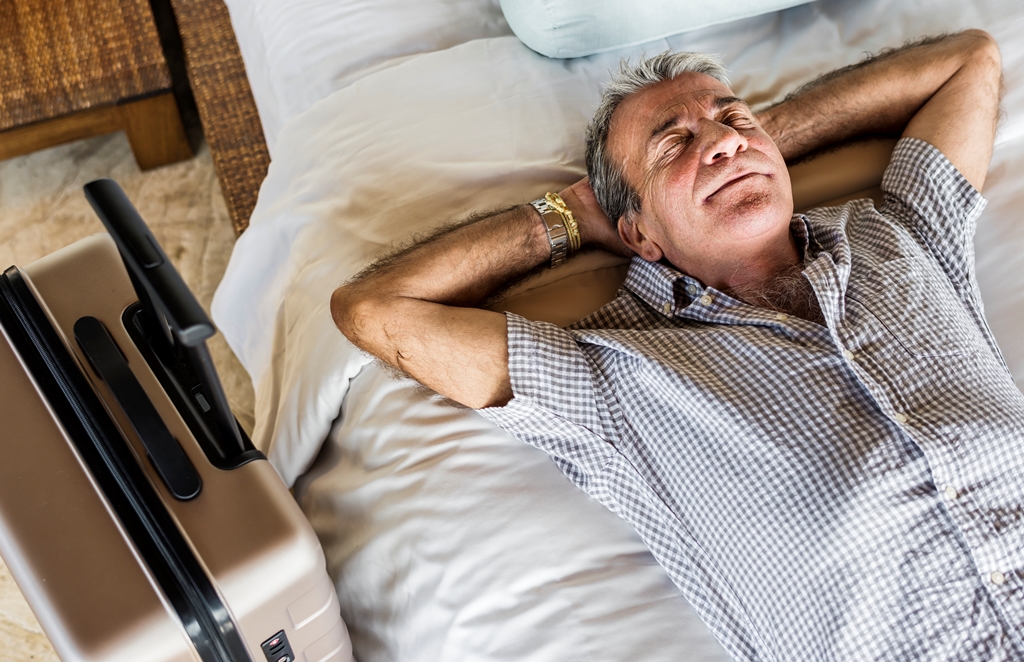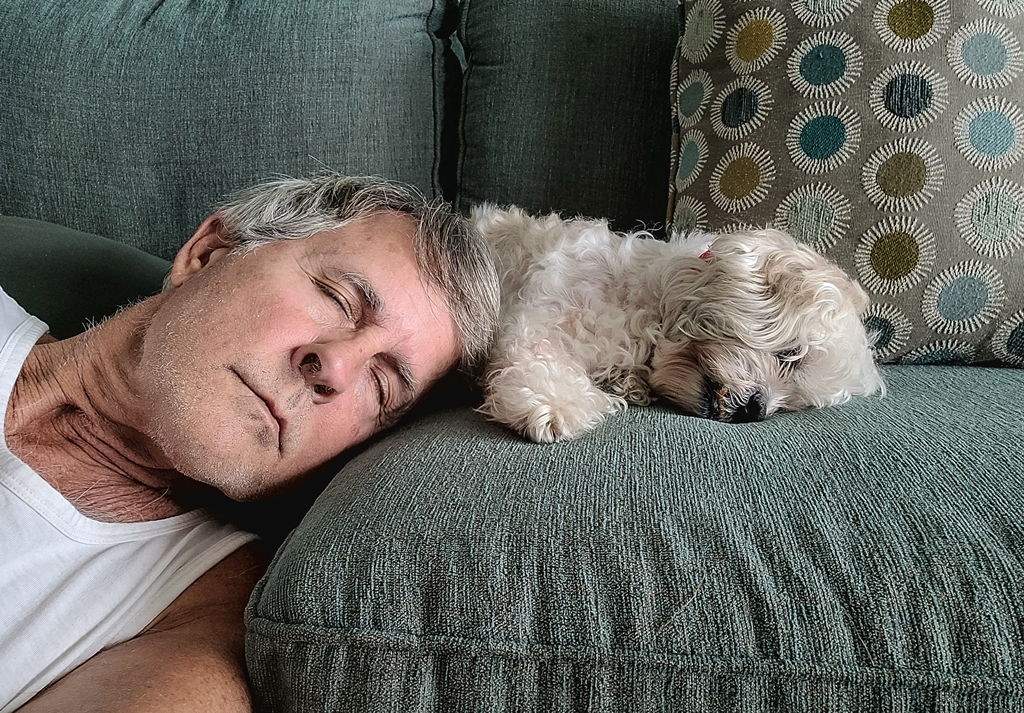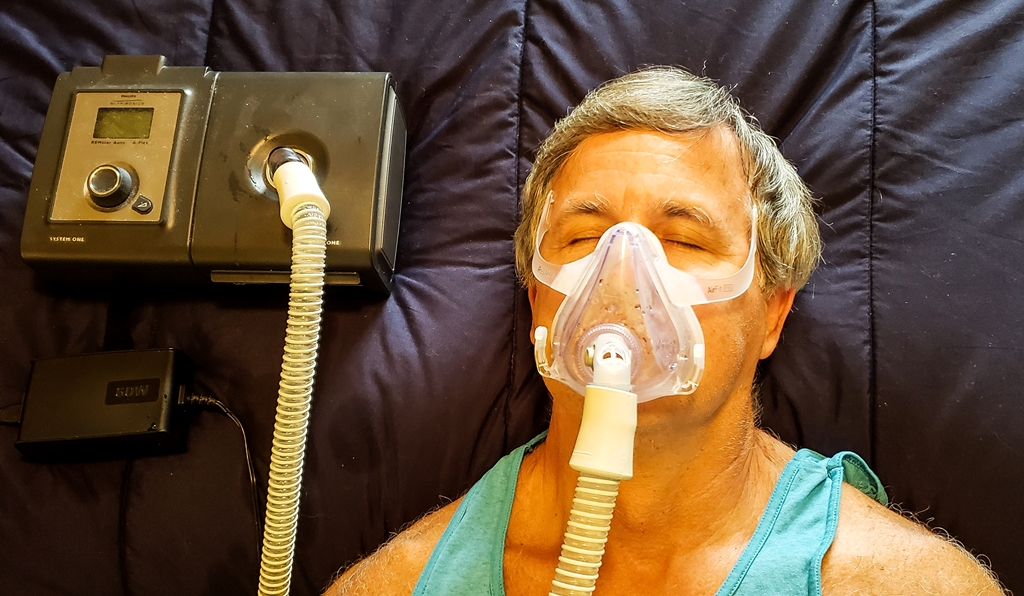Snoring is a nuisance that needs to be checked immediately. Not only does it imply some medical conditions but it can also have adverse effects on relationships. If you have a snoring spouse, most probably, you must have some slept in another room at some point. Indeed, snoring can also affect spouse health if it causes prolonged sleeplessness.
Seniors are more prone to snore during their sleep. With aging, the muscles of the upper airway apparently weaken and lose their tone. This can cause obstruction of the airway which results in snoring. The condition where there is obstruction of the airways is called sleep apnea. Besides snoring, a person with this condition exhibit daytime sleepiness, morning headaches, insomnia, irritability, low sex drive, and difficulty remembering things.
Indeed, snoring should be stopped. For a senior, it can predispose you to a lot of other medical conditions. Here are 8 solutions that can help you stop snoring:
Lose Weight
Obese individuals are more likely to snore. This is because the amount of tissue in the throat has increased, obstructing the airway. Through a diet program decreasing your consumption of calories coupled with routine exercises, you can lose weight.

Sleep on Your Side
Sleeping in the supine position may cause your tongue to be at the back of your throat. If this happens, your tongue may block air passage in your throat. When you sleep on your side, there is free airflow through your throat.
If you find sleeping on your back is the most comfortable position, you can use more pillows to elevate your head while you sleep. You can also do away with pillows that are very soft which sag when you put your head on them.

Use Nasal Strips
Nasal strips are stick-ons that you can put on the bridge of your nose. By increasing the space in the nasal passage, breathing becomes more efficient, eliminating snoring while you sleep. On the other hand, a nasal dilator is an adhesive strip that is placed across the nostrils to decrease resistance to airflow.

Treat Allergies
Allergies can force you to breathe through your mouth because of blockages in your airway through your nose. When you breathe through your mouth, there is a greater possibility that you are going to snore. Consulting a doctor for anti-allergy medication can be the best solution.

Avoid Alcohol and Sedatives Before Bedtime
If your spouse is a heavy alcohol drinker, you must have noticed that he snores more loudly when he is intoxicated. This is because alcohol can relax the throat muscles which will likely cause you to snore.
Sedatives can also relax the throat muscles. So if you are taking some sedatives, you have to talk about it with your doctor. You may be advised to take hours before bedtime.

Stop Smoking
Studies show that smoking can irritate the upper airways. Nicotine withdrawal over the night can also cause sleep instability leading to an increased risk of airway obstruction.

Use of Anti-Snoring Devices and Procedures
The use of devices is now popularly being used with some patients having chronic snoring. An oral appliance is an option. It is a dental mouthpiece used to open up the air passage.
Another procedure to consider is a palatable implant which is also called pillar procedure. It involves injecting braided strands of polyester filament into the soft palate which will stiffen to open the airways.

Use a CPAP Machine
A CPAP machine or continuous positive airway pressure machine is a device to treat sleep apnea. This pressurized air mask over the nose is very effective in stopping snoring as it can open up the airways. At first, the device may give you discomfort, but when you use it for some time, you may soon be comfortable with it.

If these conventional options still do not correct your snoring problem, going for invasive procedures can be an option. You may have to consider surgery if you are born with a deviated septum. A deviated septum is a condition wherein the wall that separates both sides of the nose is misaligned. This can cause airway blockage, forcing you to always breathe through your mouth.
There are two other non-conventional methods to treat snoring and one is uvulopalatopharyngoplasty or UPPP, a surgical procedure that tightens the throat tissues. A laser-assisted version of this treatment may be more effective. The other procedure is somnoplasty or radiofrequency tissue ablation, which causes tissue shrinkage on the soft palate to increase airflow.

With all these remedies, a senior may be able to find the best option to finally stop snoring. You need to. Your life and that of your loved ones will surely have better days and nights ahead if you sleep well each night without being disturbed by your snoring.

